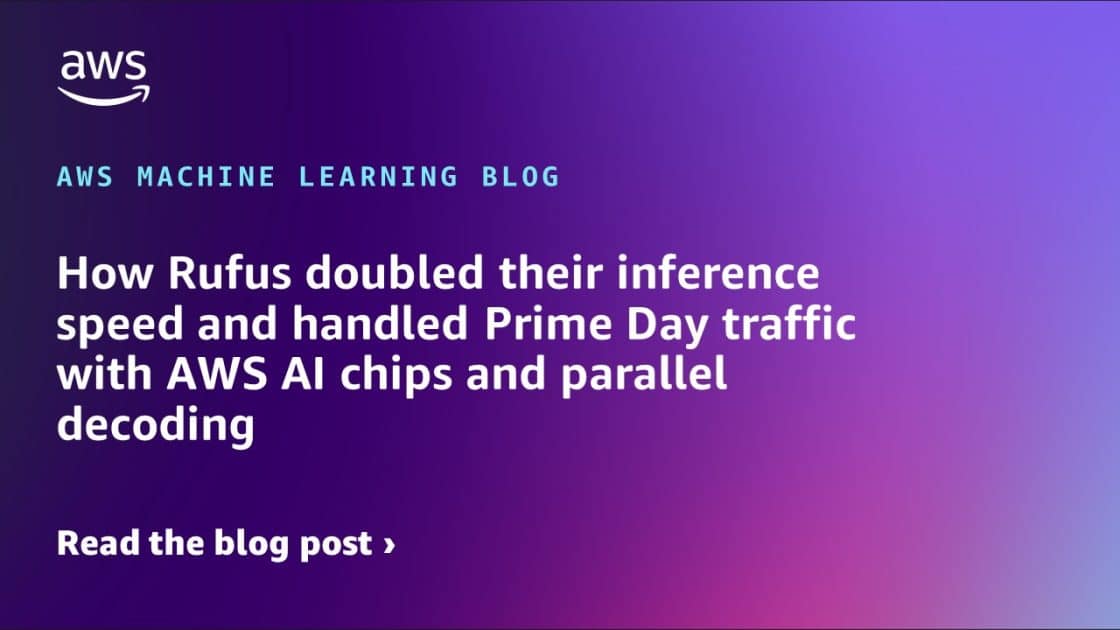Here’s the translation into American English:
The recent adoption of large-scale language models (LLMs) has revolutionized the way users interact with technology. However, their implementation faces significant challenges, especially regarding inference latency, limited processing capacity, and high costs associated with text generation. These issues become particularly critical during large events like Amazon Prime Day, where AI shopping assistants such as Rufus must manage a colossal volume of queries while meeting strict performance requirements.
Rufus was designed to help consumers make informed purchasing decisions by providing accurate responses to a wide range of questions. To achieve this, the system relies on an LLM that generates responses and a planning model that optimizes query classification and information retrieval. Efficiency in this process is essential, as text generation can only begin once planning is complete.
With Prime Day 2024 approaching, Rufus faced the challenge of processing millions of queries per minute and generating billions of tokens in real-time, all while maintaining a latency commitment of 300 milliseconds. To overcome these limitations, a reassessment of the implementation of large-scale LLMs was undertaken to mitigate bottlenecks in cost and performance.
One of the most effective strategies has been the implementation of parallel decoding techniques, allowing Rufus to generate multiple tokens simultaneously, thereby eliminating the inefficiencies of the traditional sequential model. During this shopping event, the Rufus team optimized performance using AWS AI chips, which not only doubled text generation speed but also reduced inference costs by 50%.
The results were significant, with Rufus showing faster responses that greatly enhanced the customer experience. This combination of parallel decoding and AWS solutions facilitated an efficient deployment tailored to peak traffic without compromising the quality of responses.
The synergy achieved through optimization and model implementation highlights the potential of AI solutions to create smoother and more effective shopping experiences. Looking ahead, the integration of the Neuronx-Distributed Inference (NxDI) framework along with AWS chips represents a substantial advancement towards the scalability and economic sustainability of LLMs, opening new opportunities for future applications in the field of artificial intelligence.
Referrer: MiMub in Spanish










